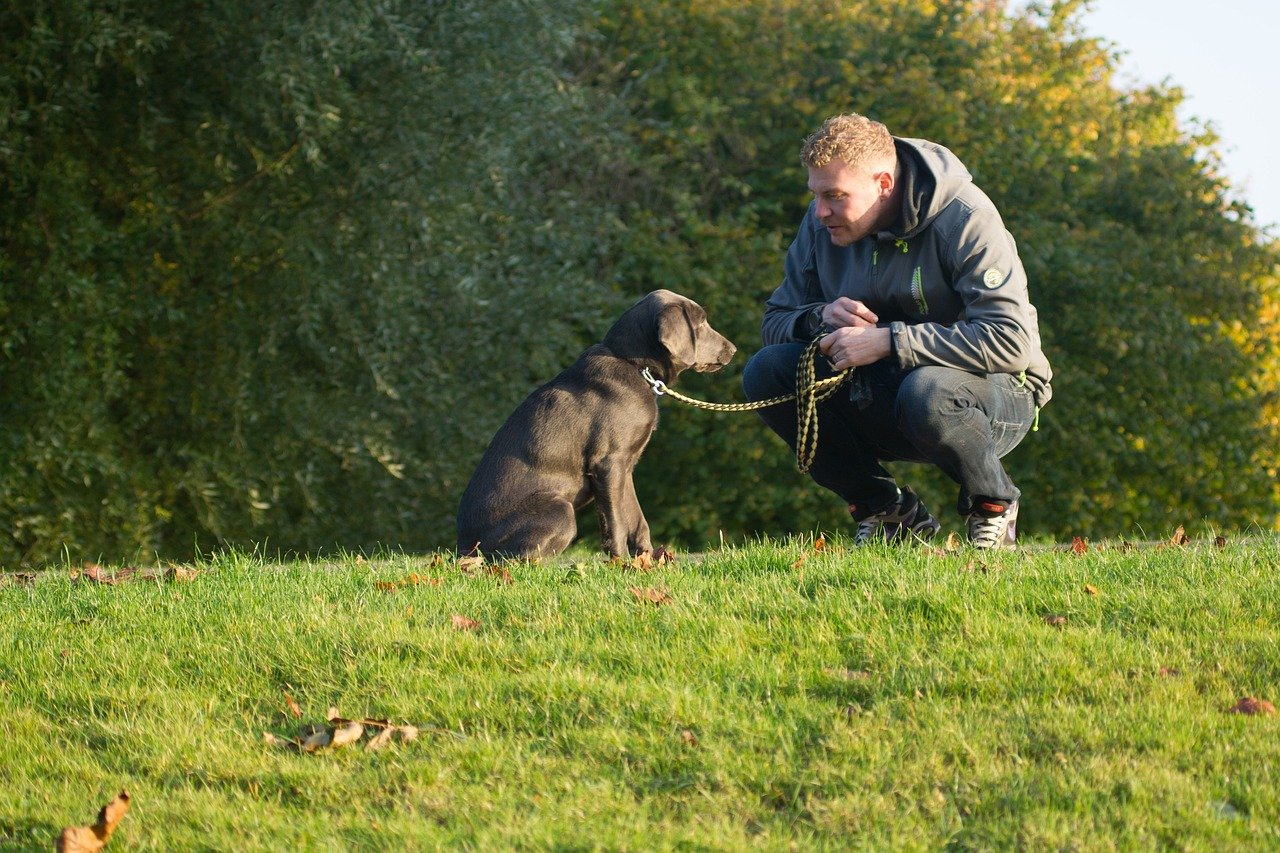Dogs have been our loyal companions for centuries, providing love, comfort, and even protection. But could these furry friends possess an extraordinary ability to detect illness in humans? This intriguing question has fascinated many, and there are numerous stories and studies that suggest dogs might indeed have a sixth sense when it comes to our health. From sniffing out cancer to detecting changes in blood sugar levels, dogs have shown an incredible ability to sense illnesses before humans even realize something is wrong. Their keen sense of smell and deep connection to their owners make them more than just pets—they could be lifesaving companions. Let’s dive into the fascinating ways dogs might be able to detect health issues and what science has to say about their remarkable abilities.
The Incredible Sense of Smell in Dogs
Dogs have an incredible sense of smell, which is far superior to that of humans. While we have around 5 million scent receptors, dogs boast an astounding 220 million. This heightened olfactory ability allows them to detect scents that are completely undetectable to us. Imagine walking into a room and being able to smell every single ingredient in a stew simmering on the stove. That’s how dogs experience the world, and it’s this acute sense of smell that might enable them to detect changes in a person’s body odor that indicate illness.
Anecdotal Evidence of Dogs Detecting Illness
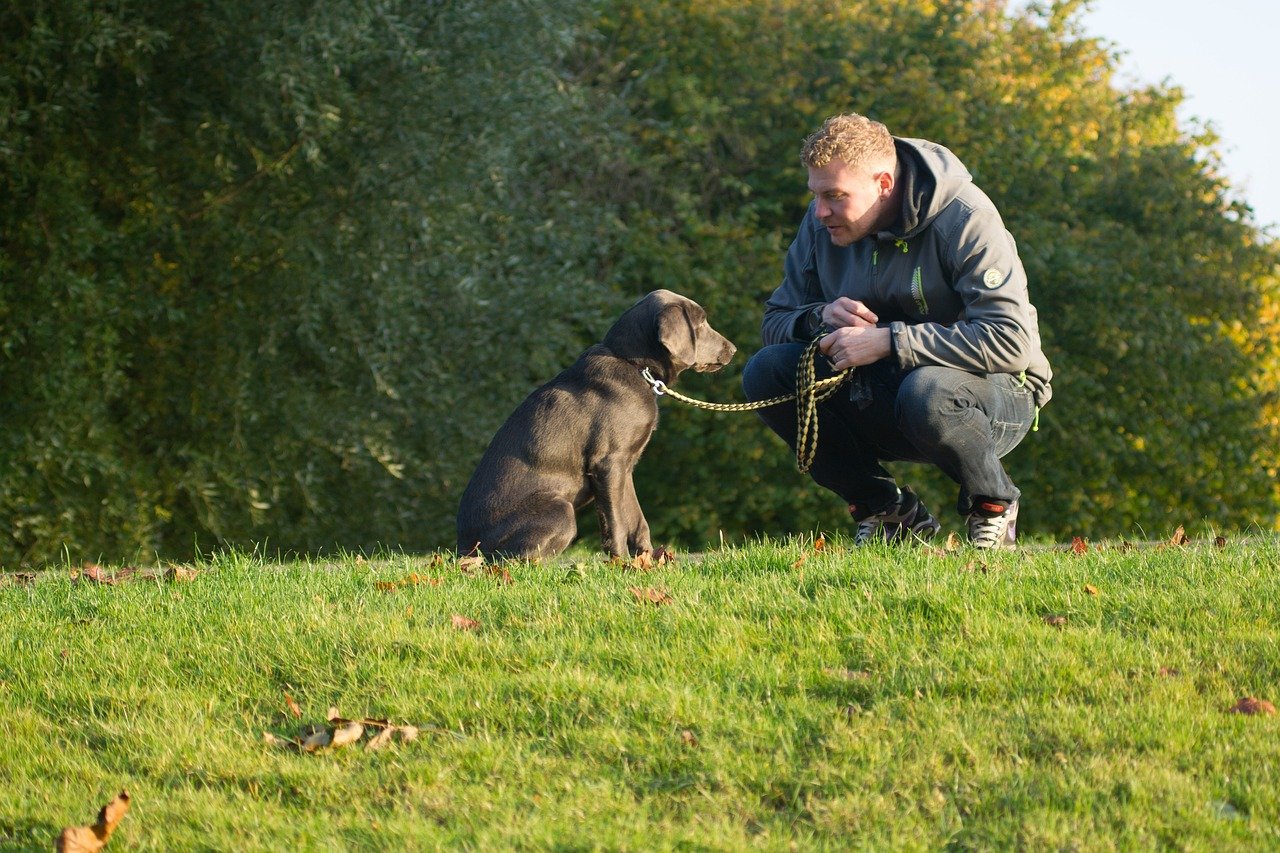
Many dog owners have anecdotal stories about their pets behaving differently around them when they were unwell. Some report their dogs becoming more clingy, while others notice their pets sniffing certain parts of their bodies more than usual. These behaviors are often seen as signs that the dog is sensing something unusual. For example, there are stories of dogs alerting their owners to cancerous growths, sometimes even before a medical diagnosis. While these accounts are compelling, they are not scientific proof, but they do suggest that dogs may be attuned to changes in our bodies.
Scientific Studies Supporting Detection Abilities
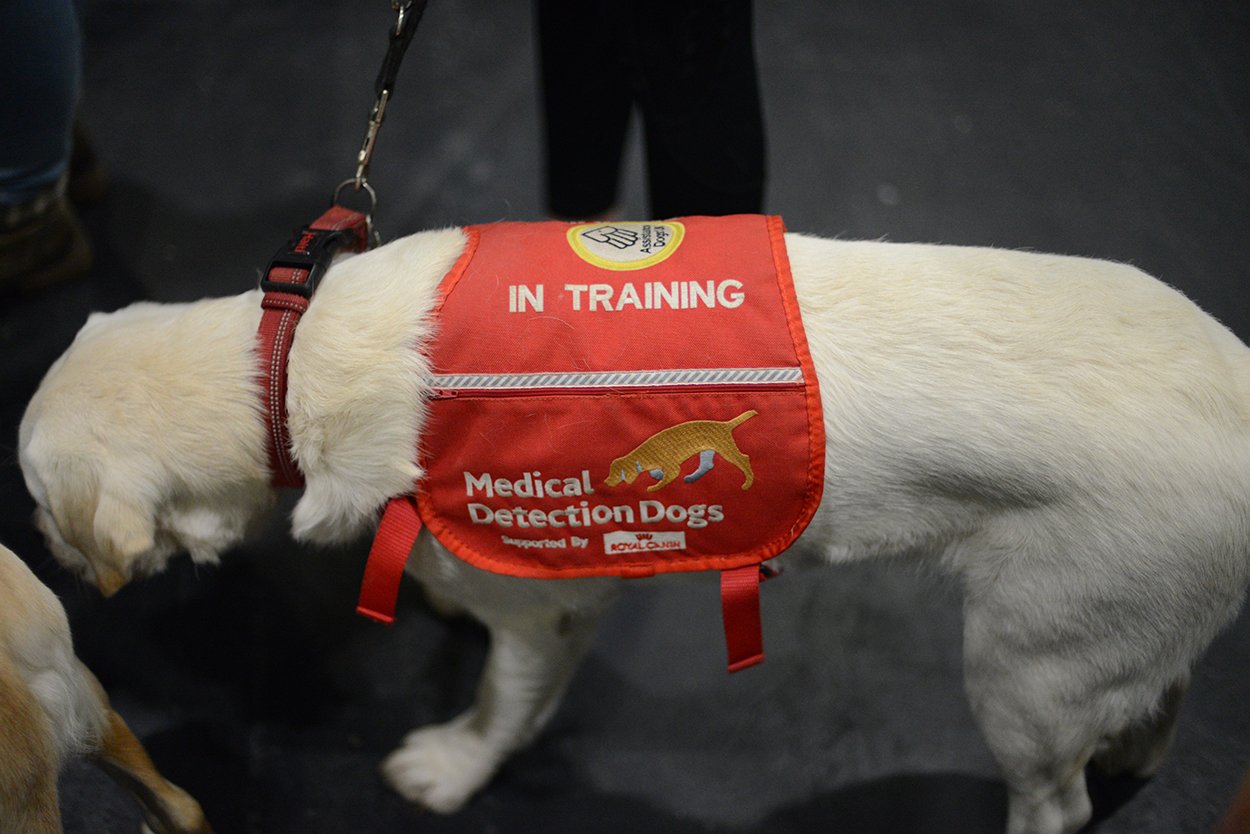
Scientific research has begun to back up these anecdotes. Studies have shown that dogs can be trained to detect certain types of cancer, such as melanoma, breast cancer, and lung cancer, by sniffing samples of breath, urine, or skin. In some cases, dogs have achieved detection accuracy rates that rival modern medical equipment. The precise mechanism by which dogs detect these changes is still unknown, but it is believed to involve the detection of volatile organic compounds produced by tumors.
Dogs as Emotional Barometers
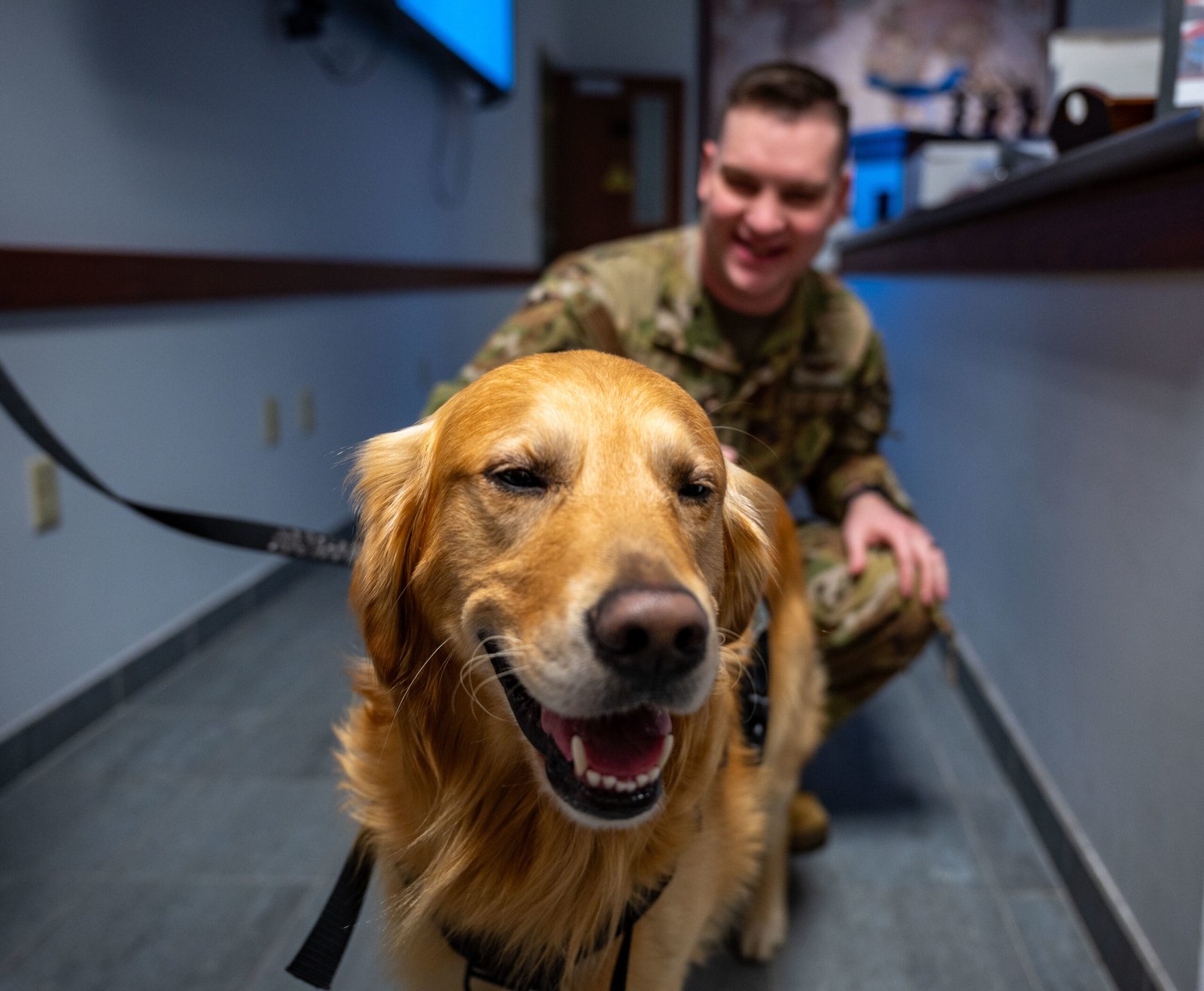
Aside from physical illnesses, dogs are also known to be sensitive to our emotional states. They can pick up on subtle cues in our behavior, body language, and even scent when we are anxious, stressed, or depressed. This ability to sense our emotions might not be related to any supernatural ability but rather to their keen observational skills honed through years of cohabitation with humans. A dog’s reaction to our emotional changes often involves offering comfort, such as cuddling or licking, providing much-needed support during tough times.
The Role of Training in Detection
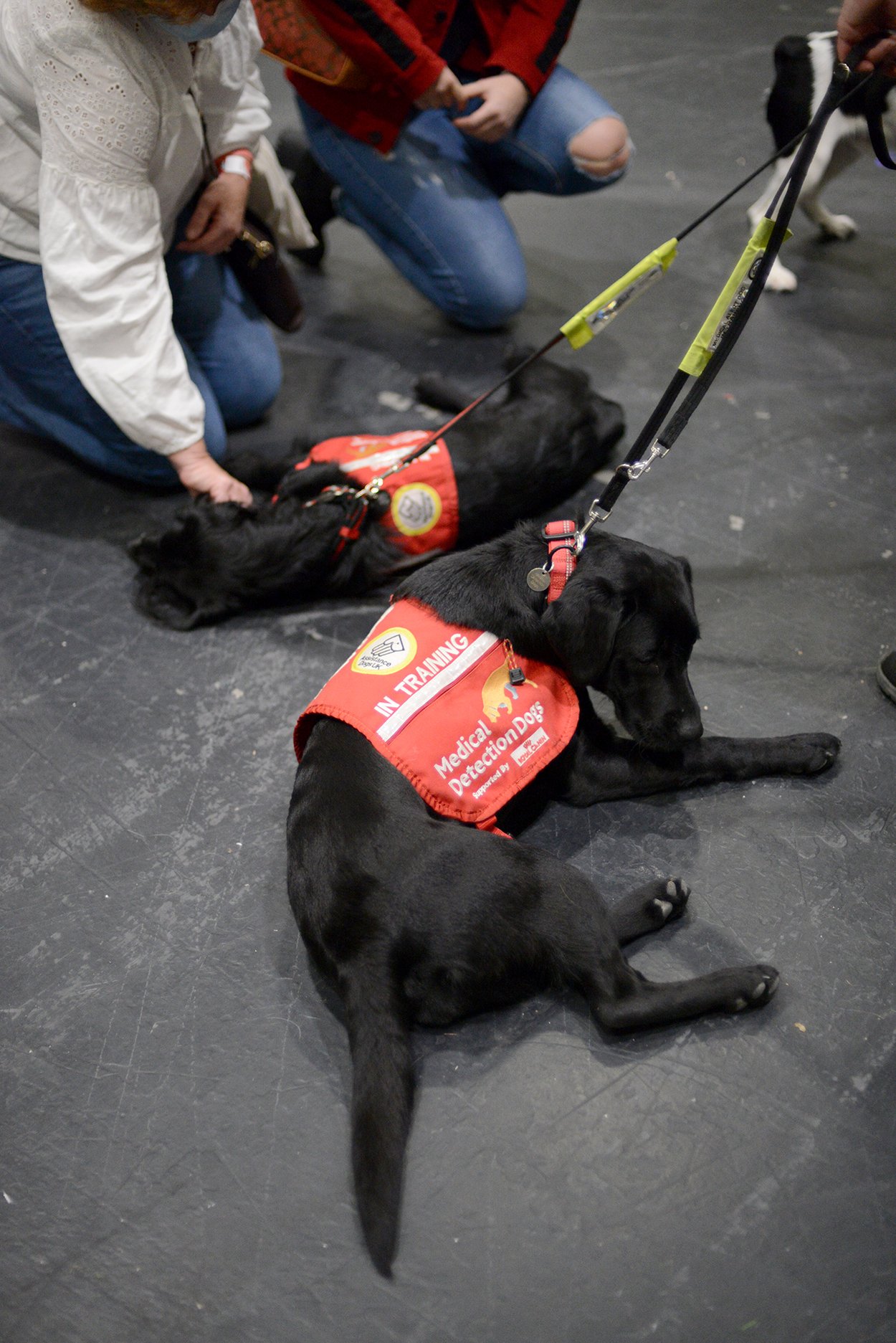
While some dogs may naturally exhibit illness-detecting behaviors, others can be specifically trained for this purpose. Training programs have been developed to teach dogs to alert their handlers to various health conditions, such as seizures or low blood sugar levels in diabetics. These medical alert dogs are trained using positive reinforcement techniques, rewarding them for correctly identifying specific scents associated with medical conditions. This training can take several months and requires a dog with the right temperament and aptitude.
Limitations and Challenges in Detection
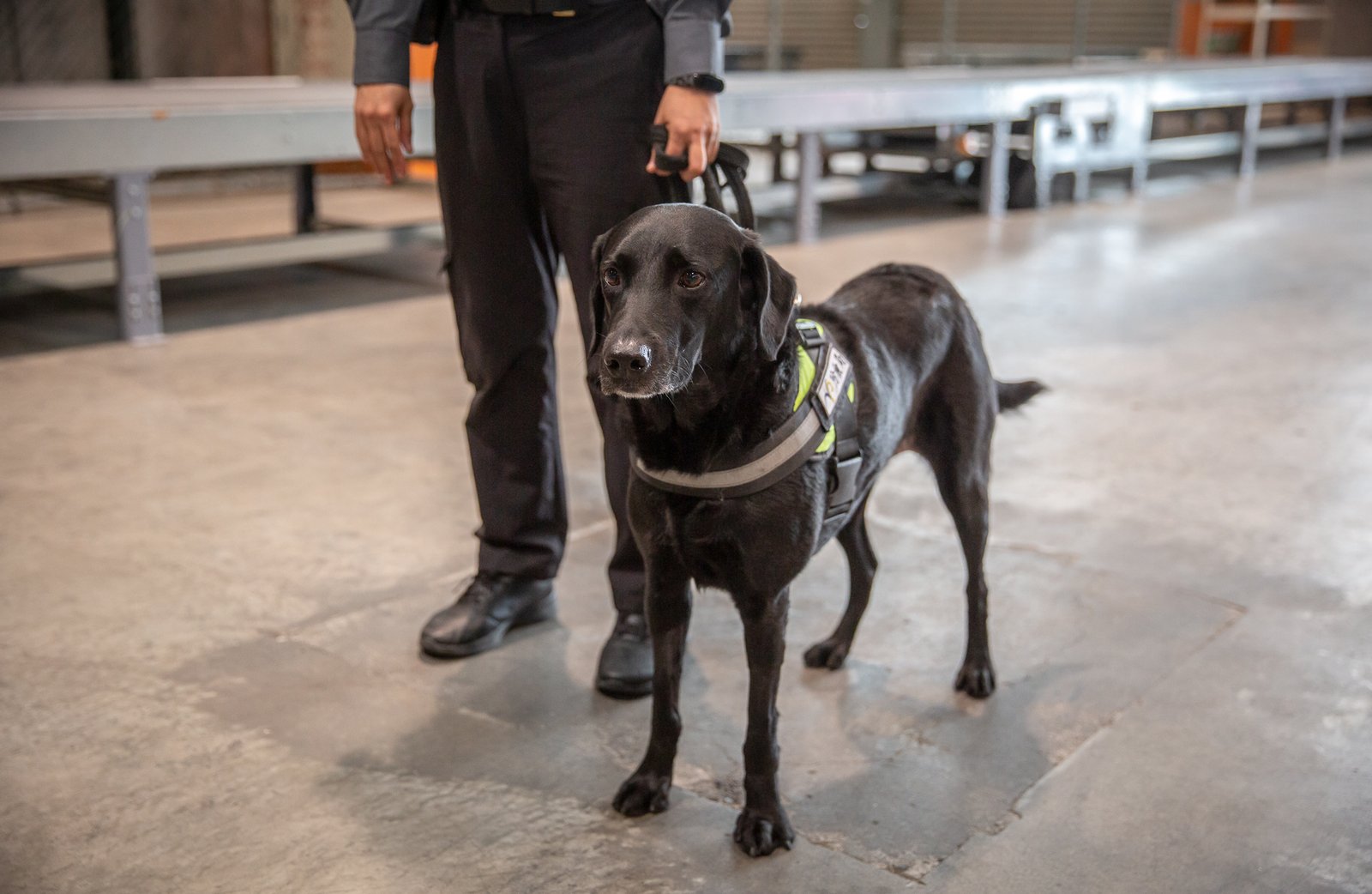
Despite their remarkable abilities, dogs are not infallible. There are limitations to what they can detect and challenges in interpreting their behavior. Not every dog will react the same way to the same stimuli, and different illnesses may produce varying scent cues. Moreover, factors such as a dog’s mood, health, and environment can affect their detection capabilities. While dogs can be a helpful addition to medical diagnostics, they should not replace professional medical advice and testing.
The Bond Between Dogs and Humans
The deep bond between dogs and humans is a significant factor in their ability to sense illness. This connection is built on mutual trust, understanding, and communication. Dogs are incredibly attuned to their human companions, often mirroring their emotions and behaviors. This bond may enhance a dog’s ability to notice subtle changes in a person’s health. Their unwavering loyalty and affection make them not only wonderful pets but also potential allies in health monitoring.
Future Prospects of Canine Detection

The potential for dogs to aid in medical detection is an exciting field of research. As scientists continue to explore and understand the mechanisms behind a dog’s ability to detect illness, there may be opportunities to incorporate these findings into medical practice. Future developments could include using dogs in clinical settings to assist with early diagnosis or improving training techniques to enhance detection accuracy. The collaboration between human medicine and canine detection could lead to innovative approaches to healthcare.
Practical Advice for Dog Owners
If you suspect your dog is trying to tell you something about your health, it might be worth paying attention. While dogs are not medical experts, their instincts and behaviors can sometimes provide valuable insights. Regular check-ups with a healthcare professional are essential, but being mindful of your dog’s reactions can be a helpful supplementary tool. Encourage open communication with your pet and observe any unusual behavior, as it might just be their way of looking out for you.
Conclusion

In conclusion, the possibility that dogs can sense illness in humans is a captivating topic that bridges the gap between science and the extraordinary bond we share with our pets. While more research is needed to fully understand the mechanisms behind this ability, the evidence so far is promising. Whether through their acute sense of smell or their empathetic nature, dogs continue to be invaluable companions, providing not only love and loyalty but also potentially life-saving alerts.

